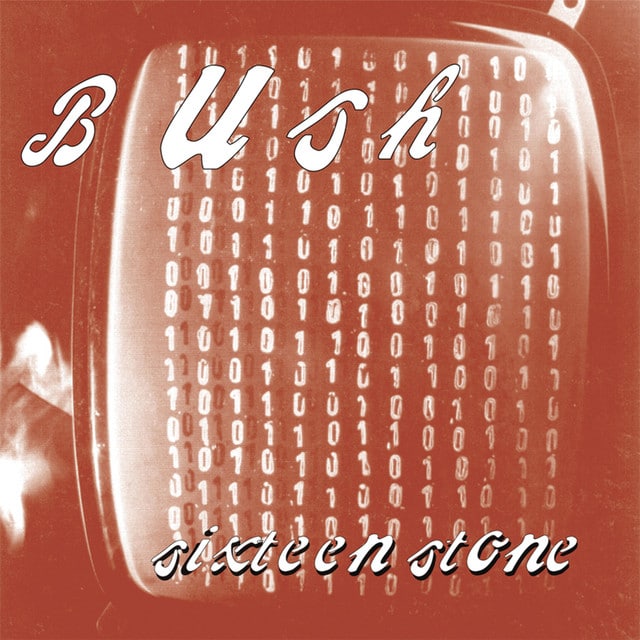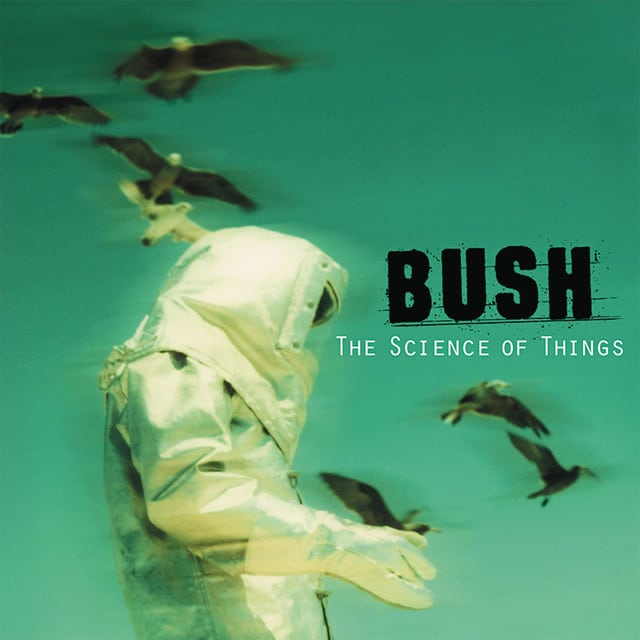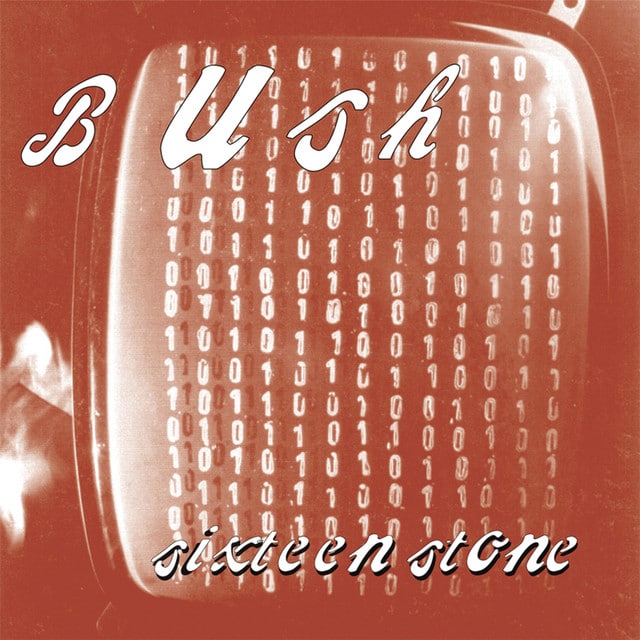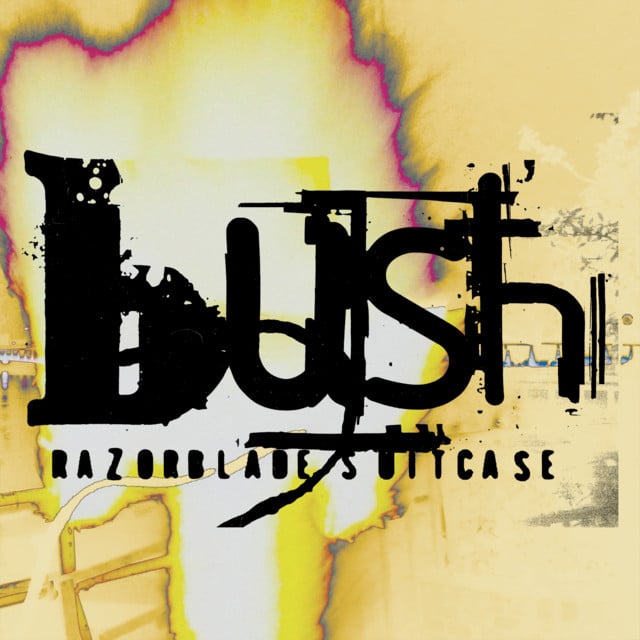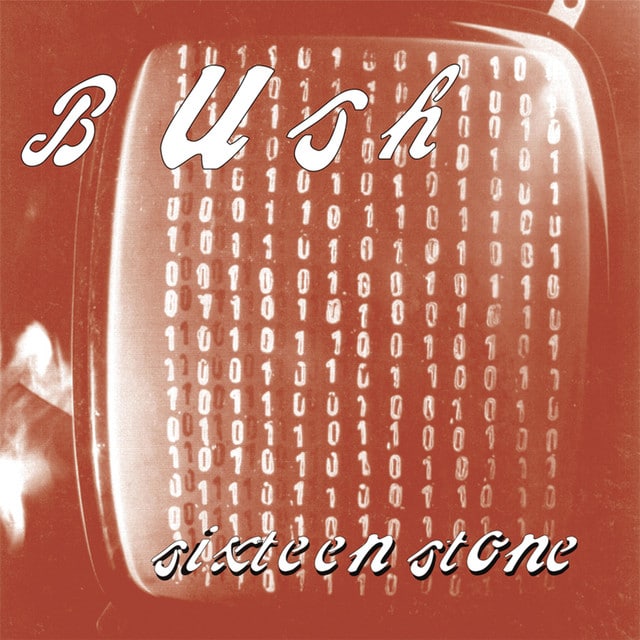Released: 2014
“Machinehead” by Bush thrashes into the grunge ethos with its relentless riff and Garrett’s gritty vocals, echoing the machine-like regularity and the suffocating grind of daily routine. It’s a song that, at its core, grapples with the struggle of maintaining individuality and emotion in a mechanized, indifferent world. This track, off their debut album “Sixteen Stone,” captured the mid-90s alt-rock wave, cementing its place in rock playlists with its visceral energy and raw emotion.
The opening lines, “Breathe in, breathe out,” repeated like a mantra, set the tone for this struggle against dehumanization. It’s not just a call to remain living, breathing entities in a cold, mechanical world but also a nod to the meditative practice of focusing on one’s breath to stay grounded amidst chaos. The imagery of being “Tied to a wheel” with “fingers got to feel” conjures the idea of being trapped in a relentless, possibly torturous cycle, craving the simplest human experiences like touch.
The chorus, with its bold declaration, “Got a machinehead, it’s better than the rest / Green to red,” could be interpreted as a snarky takedown of the societal push towards becoming more machine-like – efficient, emotionless. The reference to “Green to red” might symbolize a shift from go (alive, natural, moving forward) to stop (dead, mechanical, halted), suggesting a loss of humanity in favor of mechanical efficiency. Alternatively, it’s an embrace of the mechanized aspect of oneself, finding power in what was meant to be dehumanizing.
Gavin Rossdale singing “Deaf, dumb, dirty / Started to deserve this” sheds light on the internalization of societal views—feeling less than human and deserving of the malaise that comes with a disconnection from one’s essence. The mention of “Blood is like wine” and being “Unconscious all the time” could reflect the numbing of one’s pain and emotions to cope with the relentless push of life’s machinery. The regret in “If I had it all again I’d change it all” speaks volumes of the desire for a rebirth, a chance to live differently.
The poignant line, “I’ve seen the best minds of my generation / It’s a foul ball,” echoes Allen Ginsberg’s “Howl” but twists it into a reflection of despair and lost potential in this mechanized age. It’s a lament for the brilliant minds dulled by the monotony and soullessness of the modern world.
Ultimately, “Machinehead” is more than just a ’90s rock anthem; it’s a searing critique of the dehumanizing aspects of modern life, wrapped in the loud, raw energy of grunge. Bush managed to encapsulate the angst of a generation feeling increasingly disconnected from the essence of human experience, urging listeners to regain consciousness and question the value of succumbing to the machine.
